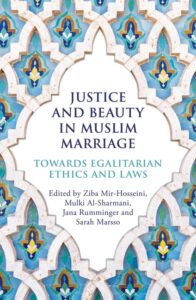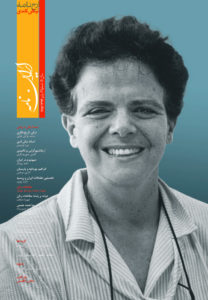
Rethinking Muslim Marriage Rulings through Structural Ijtihad
Within ‘Structural Ijtihad’, all juristic arguments on marriage and the validity of all derived rulings should be tested against four criteria: reasonability, justice, ethics, and effectiveness, all according to contemporary standards of justice and social realities. The author applies structural ijtihad to four contested areas of marriage (child marriage, rights and duties in marriage, divorce, and polygamy) to demonstrate the implementation of these criteria. In contrast to traditional fiqh, applying the structural ijtihad approach can preserve principles and standards within the tradition while adequately addressing today’s needs, contexts, and standards.



